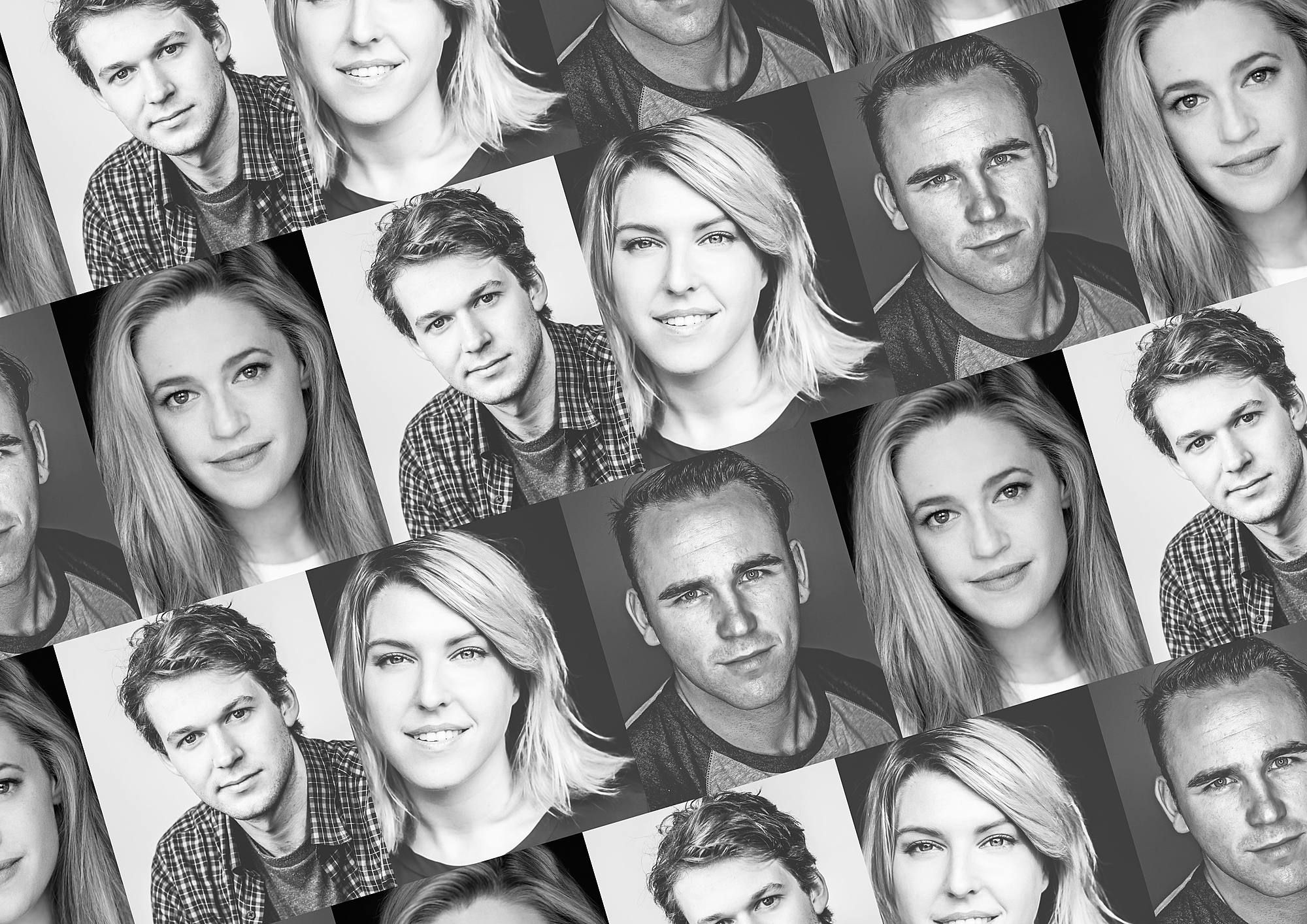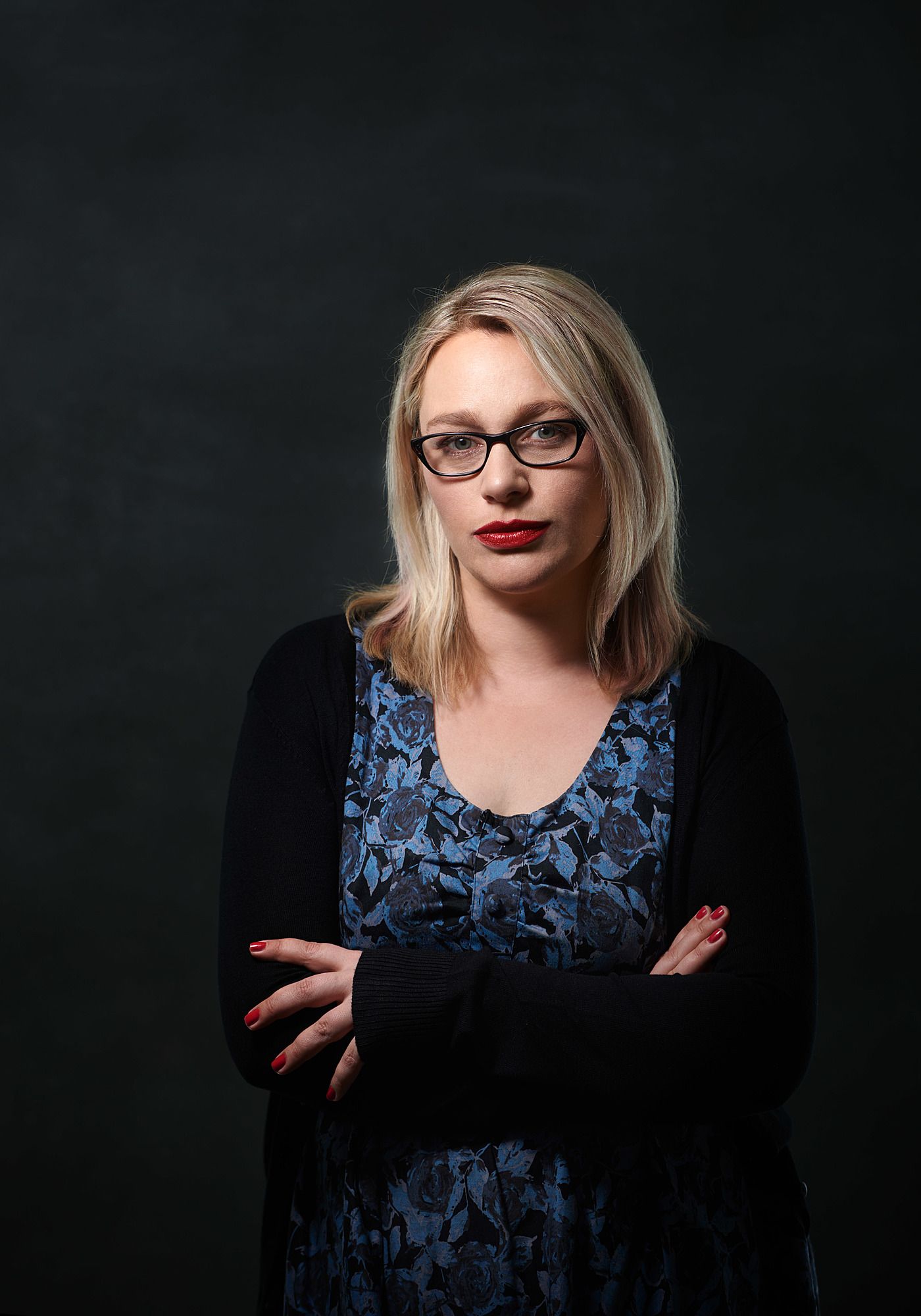Body Double: A Review of The Things Between Us
Erin Harrington reviews Christchurch Arts Festival's premiere season of a new musical by Luke di Somma
After the resounding success of suffragette musical That Bloody Woman, Christchurch Arts Festival has commissioned a new show from writer and composer Luke Di Somma. As Erin Harrington discovers, it's one that establishes an interesting premise, but seems to avoid the implications of its central conceit.
London-based New Zealand composer Luke Di Somma’s new musical The Things Between Us charts the life cycle of the relationship between mid-twenties journo Dom, whose responsible exterior hides some psychological wreckage, and flaky but emotionally resolute musician Sam. Over seventy minutes, sixteen songs and minimal incidental dialogue, we follow the two through their first meeting and tentative courtship to – spoiler – the relationship’s eventual dissolution and the duo’s first steps towards the next phase of their lives.
The show, which was commissioned by the Christchurch Arts Festival, has a warm and well-meaning heart. It’s still a real delight to hear musical theatre in a kiwi accent, and it charmingly embraces the quotidian details of contemporary courtship (more Facebook stalking and ‘Netflix and chill’ than fortuitous meet-cute and grand gesture). It’s also at times indistinct and undercooked – a first showing rather than a finished product.
This premiere season is gifted with a terrific cast.
The core conceit of this show is that we have two Sams and two Doms, one male and one female, so that we see three contemporaneous iterations of the Sam-Dom relationship (male-male, female-female, and male Dom with female Sam). This premiere season is gifted with a terrific cast – Colleen Davis and Jack Buchanan as Sam, and Jack Barry and Kerrie Anne Greenland as Dom – although portions of the show are obviously under-rehearsed, and I wonder a couple of times if the foldback speakers aren’t working properly. The performers are also in a challenging position, and one that’s not entirely clear to me as an audience member: they each appear to be trying to build coherent characters (ideal Sams and Doms) while also constructing arcs out of multiple relationships (or the facets of multiple relationships), each of which, in turn, seems to have its own dynamic. It’s tricky business. Buchanan’s take on Sam is the most well-rounded; the character’s seeming recklessness and flippancy soon develops into something more emotionally complex, and I come away with a real affection for him.
Shane Bosher’s direction places the four on a raised black square platform and within clean, white domestic spaces: a bedroom, a dining room, a lounge. This effective and simple set is augmented greatly by the use of suspended spherical lights, which change colour throughout the show and texture the space beautifully. Outside of the naturalistic one-on-one scenes, the four move with a well-choreographed deliberation that provides narrative coherence.
The actors are supported by a tight four-piece ensemble of piano, percussion, bass and cello, led by MD Robin Kelly. I am particularly taken with the score’s use of the mellow, yearning cello. It's intermittently offset by more funk-and groove-inspired basslines and percussion, the two creating a counterpoint that, like Dom and Sam’s relationship, moves between the tight-knit and the incompatible.
It's presented (and priced!) as a final product, but I felt as though I came away from a well-produced, slightly seat-of-the-pants workshop of a promising but nascent work-in-development.
Unlike Di Somma’s last work, hit suffragette musical That Bloody Woman, most of the songs don’t stand strongly on their own, and at times the libretto veers wildly in terms of quality. Nonetheless, the songs mostly interlock to paint a hopeful, uncertain and deeply personal aural picture that ranges from the potentially triumphant; a moving, anthemic group ballad about the way our emotional houses open up or wall us in, to the wryly prickly; female Sam sings her appreciation of solo Netflix and red wine, and male Sam staccato-swears his way through a personal revelation that arises from some revealing, online ex-stalking.
This show is presented (and priced!) as a final product, but I felt as though I came away from a well-produced, slightly seat-of-the-pants workshop of a promising but nascent work-in-development. Unfortunately, some of the plot points feel forced or generic, and I emerged with a list of questions as long as my arm: where are we exactly, and what’s our time frame? Are these characters really in their mid-twenties? Is this supposed to be a song cycle? Are there musical themes, or intertwining motifs, that are missing? Is this one relationship, three braided strands of the same, or three relationships with similar attributes? Why don’t we see the fourth Dom-Sam combination? Would Dom really act that way to a failed proposal, or Sam to their separation? When does Sam stop caring about Dom’s past life? How am I supposed to feel at the end? What should I be taking home with me?
There's also a terrible paradox at the heart of this musical: its equal-opportunity focus makes gender and sexuality meaningless.
The most powerful moments, be they comic or dramatic, are the intermittent occasions when detailed emotional, character-driven pictures emerge organically from the ephemera. The show’s opening is particularly successful: the male Sam and Dom individually prepare for their first Tinder date, and they find themselves flirtatiously connecting and sparring over everything from correct grammar to Winnie the Pooh. It’s a gorgeously witty and playful sequence that balances adept wordplay, strong character work, nimble orchestration and a rewarding contrast between Dom’s self-professed uptight, old-fashioned outlook and Sam’s charismatic, pot-smoking looseness. Later, the Doms and Sams movingly outline their love for one another in a devotional litany of idiosyncrasies: the perverse affection for one’s disorganisation and the other’s rubbish stir fries, for snores and tics and tiny gestures, and arguments over whose crappy couch makes the co-habitational cull.
But there's also a terrible paradox at the heart of this musical: its equal-opportunity focus makes gender and sexuality meaningless. The double casting means that it dances awkwardly between the universal and the specific in a way that truly honours neither. On one hand, the gentle rhythms of domestic normalcy makes me wish that anti-gay Australians, who are currently debating and voting for (and against) same-sex marriage, could be sitting in the audience and seeing that queer relationships are just as ordinary and loving and exciting and boring as straight ones. However, this formal gimmick, for want of a kinder word, elides the specificity of experiences with and expectations about gendered roles in society, so much so that in places the show feels quite naïve – a parody of rom com emotional beats and vulnerabilities with as few implications as those in the movies. The gender-swap is a neat trick, but it’s really baffling that this doesn’t then meaningfully inform character, relationships and identity.
There's some significant blind spots. It can do so much more with its intriguing and original premise.
Most notably, klaxons sound around Dom’s secret: they are a self-described ‘shitty parent’. They have a seven-year-old child, from an unexpected teen pregnancy, who they walked away from five years earlier. They choose not to see the child, and queasily offer bullshit excuse after bullshit excuse down the phone. I admire that a key emotional pivot of the show is about the tension between parental ambivalence and the visceral, sometimes unexpected desire to have kids, but this is treated as just another plot point, a convenient source of conflict with Sam, even though the implications for such actions vary wildly.
This reveals the show’s weirdly idealistic blind spot. We do not live in an equitable society when it comes to gender and sexuality. For all that unites us, difference is important – socially, politically, in terms of identity. This is particularly the case with child-bearing and rearing – gay, bi, straight, male and female. A woman who walks away from her partner and toddler and refuses to see them is framed, culturally, as very different from a man who does the same thing. One is a ‘deadbeat dad’, who may or may not be given a free(ish) pass, thanks to retrograde attitudes about gender roles and nurturance; the other, selfish public enemy number one, because of the construction of motherhood as both ideal and imperative. These issues are not addressed, nor is the increasingly apparent and somewhat loathsome extent of Dom’s blinkered self-involvement.
The audience at the intimate Papa Hou theatre is warm and receptive, and Di Somma, as ‘local boy made good’, has a great deal of well-deserved cultural goodwill built up – but this show has some significant blind spots. It can do so much more with its intriguing and original premise; it should embrace its own complexity. As we leave, my plus one says “someday, some version of this show is going to be very good”. I hope it gets that second time around.
The Things Between Us runs from 14-17 September as part of Christchurch Arts Festival. Tickets available here.

